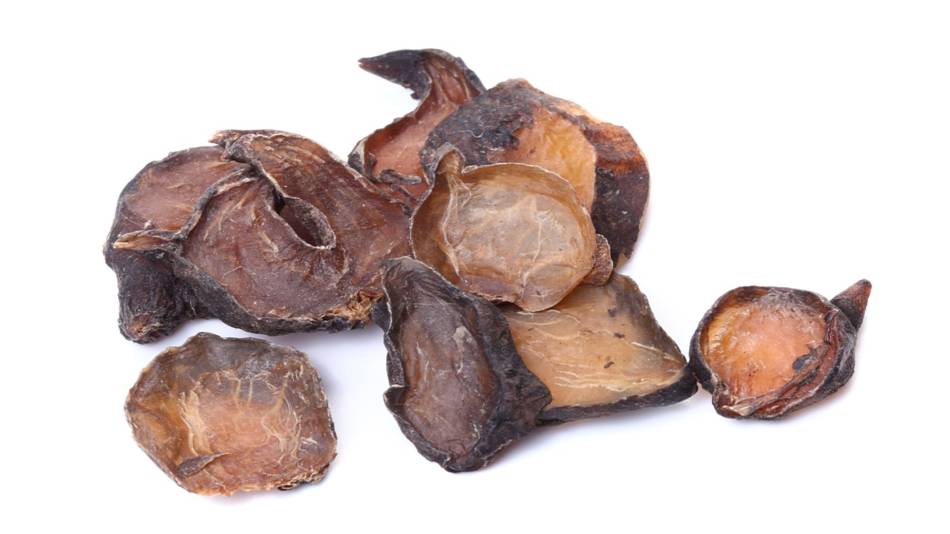
Answer:
Aconite: A toxic compound in supplements
Aconite is a highly toxic alkaloid found in Aconitum plants, particularly in the roots of these plants. Although all species of Aconitum contain aconite, the most common species in the U.S. and Europe is Aconitum napellus, which is also known as monkshood, wolfsbane, or devil's hood.
Due to its potential anti-inflammatory and analgesic effects, Aconitum root powders, tinctures, tablets and teas have been used in Traditional Chinese Medicine (TCM) and Ayurvedic medicine for a wide variety of purposes, from increasing energy and reducing pain to treating snakebite, cough and fever. Traditional preparation of Aconitum involves soaking and boiling, which can reduce alkaloid content of the roots by up to about 90% and decrease much of the aconite content to other less toxic, and non-toxic compounds (Chan, Clin Toxicol (Phila) 2009). However, consuming Aconitum that has not been properly and thoroughly processed, or consuming large amounts of Aconitum, even if properly prepared (which still may not completely remove aconite), can result in severe poisoning and possible death.
Aconite poisoning
Symptoms of aconite poisoning include gastrointestinal symptoms such as nausea, vomiting, as well as adverse neurological and cardiovascular effects including facial numbness, muscle weakness, low blood pressure, chest pain, and increased or decreased heart rate, and irregular heart rhythm that can lead to cardiac arrest and death. In 2017, for example, two people in San Francisco developed life-threatening abnormal heart rhythms requiring resuscitation within one hour of drinking an herbal tea containing aconite, and in 2022, an individual in China without history of arrhythmia developed life-threatening heart rhythm changes and lost consciousness approximately 20 minutes after consuming about 6 ounces of a Chinese herbal preparation believed to contain aconite (Wang, JAMA Intern Med 2023). The American Heart Association has also warned that supplements containing aconite may cause or worsen heart failure.
Products that may contain aconite
As noted above, Aconitum napellus is the most common species of Aconitum sold in the U.S. and may be found in certain herbal tea preparations and homeopathic products marketed to treat colds, coughs, pain, and other conditions. Be aware that although homeopathic products are typically highly dilute and, therefore, contain little if any active ingredient, the FDA has issued warnings to companies selling homeopathic preparations containing Aconitum napellus that were found to have violated good manufacturing practices, noting that, if not properly manufactured, these could pose a poisoning risk to consumers.
In addition, be aware that certain Chinese and Ayurvedic herbal products sold in some retail stores on online on websites such as Amazon may list other species of Aconitum – all of which also can contain aconite. Species commonly used in Chinese products and to look out for on labels include A. lycoctonum, A. carmichaeli (also called "Chuanwu") A. carmichaeli ("caowu"), and A. kusnezoffii ("fuzi"). Some stores and online retailers, such as Amazon, also sell dry aconite root.
In 2022, a brand of sand powder ginger, a common spice used in Asian dishes, was recalled in Canada after it was found to contain aconite, although we are not aware of similar recalls in the U.S.
Join today to unlock all member benefits including full access to all CL Answers and over 1,400 reviews.
Join NowAlready a member? Sign In Here.
Join now at www.consumerlab.com/join/






Submit your comment
This feature is restricted to active members.
Join now to add comments and get all member benefits, including over 1,400 reviews.
Join NowAlready a member? Sign in here.